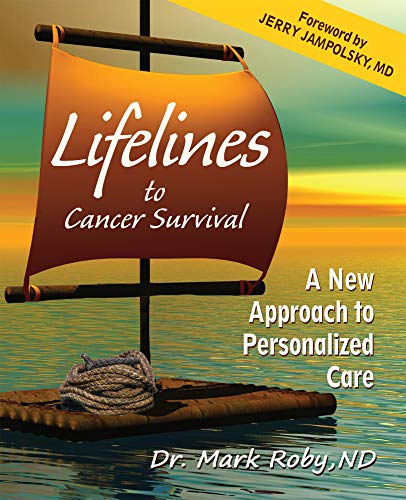Over the past few years, I have received a number of calls from patients around the country seeking personalised cancer care. Many of these individuals are looking for molecular profiles of their tumors, chemosensitivity assays or personalised vaccines. Often they are turned down by their clinicians for a variety of reasons, just like I was. Below are excerpts from an article in cancer world magazine, August 2013, titled Personalized Cancer Care: Where Do We Stand Today? by Susan Mayor. This is a grand round discussion where Daniel Helbling of the Tumor Center in Zurich Switzerland, interviews Dr. Gordon Mills of MD Anderson in Houston, Texas.
…We are now able to characterise and study each patient and their tumour in a breadth and depth not previously possible, which allows us to be much more precise in the way we manage the individual. I want to change the mantra of personalised medicine—the right dose of the right drug, for the right indication, for the right patient, at the right time and get it right the first time. It’s become clearer that the first time we get to challenge the tumour with therapy is the most important time in determining the patient’s outcome, so one of the key goals is to give the right treatment first.
In the past we treated cancer patients with relatively blunt instruments like chemotherapy and radiation therapy that target primarily the proliferative rate of the tumour. We can now begin to characterise tumours in sufficient dept to identify what drives the tumour and then to target that in a way that capitalises on the changes in the tumour. Normal cells are incredibly robust. In contrast, cancer cells are genomically unstable and have many abberations, which in many cases render the cancer cell less robust than normal cells in the body. If we can understand these dependencies it should be possible to define approaches that more selectively target and kill tumour cells.
It’s an incredible time. With new technologies and approaches we finally have the ability to let the patient teach us what is important. We have what we hope is a “perfect storm” of two events coming together: The ability to characterise the patient and the tumor on one hand and an incredible repertoire of drugs able to capitalise on the genetic changes present in the patient’s tumour on the other.
When I was fighting for my life 13 years ago, I was offered palliative interferon therapy or nothing. Additionally I was told that molecular profiling my tumor would be clinically irrelevant. This was untrue. Over the years I learned that inflammation and angiogenesis were critical drivers of my tumor. Furthermore, I developed a number of ways to attack these drivers using nutrition and other safe modalities.
Lifelines To Cancer Survival discusses these essential hallmarks and more. The book guides each patient towards finding their inner circle, researching their own tumor and building their “triad of survival” with their clinician. Additionally, anti-cancer nutrition and personalized cancer care are explained in patient friendly language.

